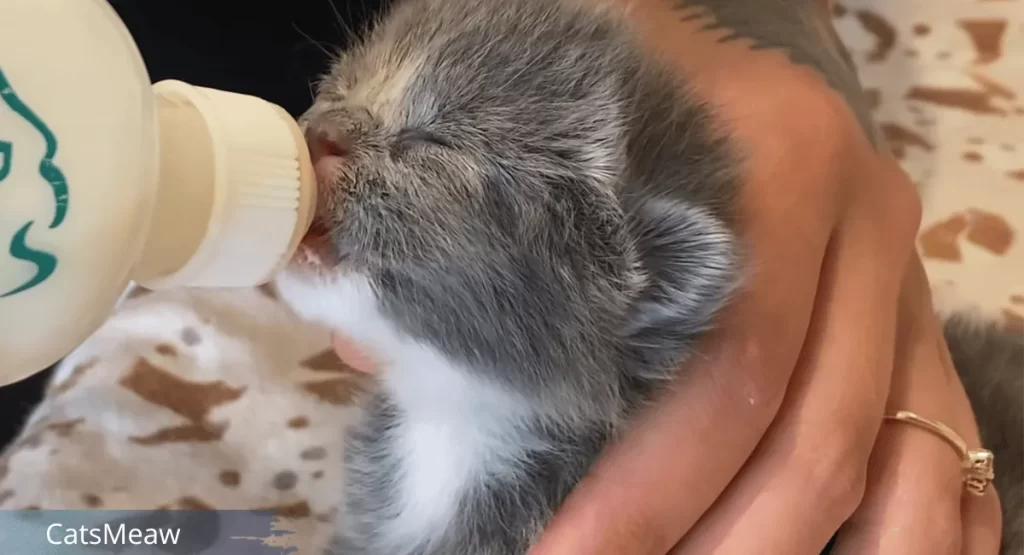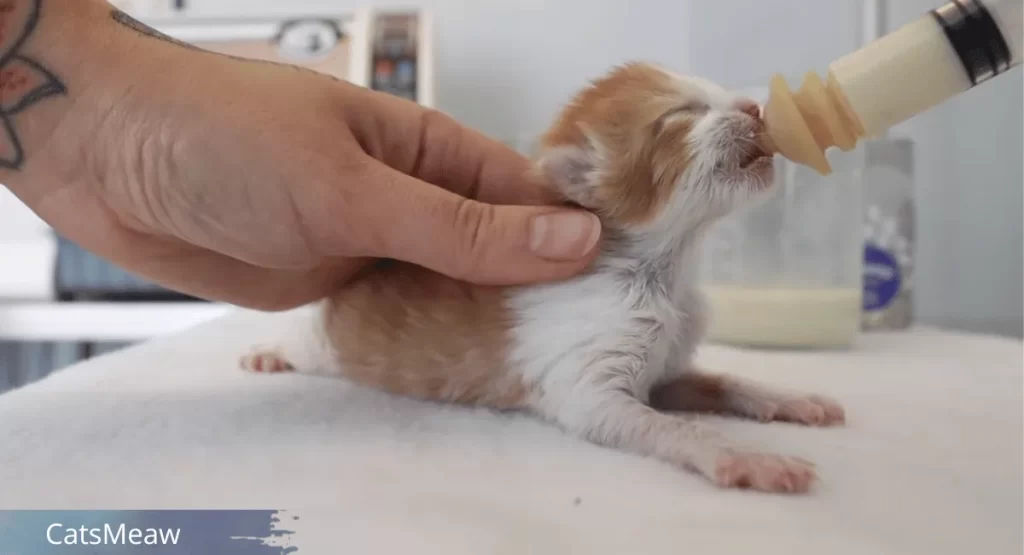Ever thought about becoming a superhero? Not the cape-wearing kind, but a hero for tiny, helpless kittens! Fostering kittens is one of the most rewarding and impactful ways to save lives, providing homeless kittens with a safe space to grow before they find their forever homes.

If you are passionate about pets and have some extra space in your heart and home, this is the purr-fect way to get involved. Wondering how to foster kittens? Let’s dive into it!
Table of Contents
What You Need Before Fostering Kittens
Before you bring those fuzzy bundles of joy into your life, there are a few things you’ll need to get ready. Just like a road trip, you wouldn’t hit the road without packing the essentials, right? The same goes for fostering kittens.
Basic Supplies and Preparation
First up, you’ll need basic supplies. Grab a cozy space for them, whether it’s a dedicated kitten room or a playpen. Stock up on kitten formula (if they’re too young for solid food), bottles for feeding, blankets for warmth, and plenty of litter for tiny paws.
Time Commitment
Let’s be real—fostering isn’t a casual hobby. Kittens, especially neonates (those precious babies under 4 weeks), need round-the-clock care. Feeding every 2-3 hours, cleaning up after them, and making sure they’re warm can be a full-time job. But hey, no one said being a hero was easy!
Emotional Readiness
You also have to be emotionally ready. Falling in love with these little fluffballs is inevitable, but remember, fostering is about giving them a temporary home until they’re ready for adoption. Prepare for some tearful goodbyes, but also the joy of knowing you helped them get their best start in life.
Where to Find Kittens to Foster
Now that you’re all set up, you’re probably wondering, “Where do I find kittens to foster?” Well, the good news is that many places are in desperate need of foster parents.
Shelters and Rescue Organizations
Local animal shelters and rescue groups are always looking for foster volunteers. Kittens often need a quiet space away from the shelter environment, where they can grow stronger and more social. Contact your local shelter, and they’ll walk you through the steps.
Related: Adopting a Cat or Kitten: 8 Things to Consider
Local Vet Offices and Online Communities
Veterinarians sometimes know of litters that need fostering. Also, social media platforms are flooded with animal rescue communities where foster opportunities are posted frequently. A quick search can connect you with kittens needing care in your area.
Emergency Situations: Strays and Abandoned Litters
Sometimes, you might come across strays or abandoned kittens yourself. In such cases, contact local rescues or shelters to ensure you’re following legal and humane procedures. Fostering kittens you find can be a spontaneous way to get involved but ensure you’re equipped for the responsibility.
Caring for Foster Kittens
Once those adorable furballs are in your care, it’s time for the real work to begin. Don’t worry, though! You’ll have fun while doing it, and they’ll reward you with endless purrs and playful antics.

Feeding and Nutrition
The most crucial part of kitten care is feeding them the right food at the right times. If they’re under four weeks old, you’ll be bottle-feeding them kitten formula every few hours. Older kittens can transition to solid food gradually. Make sure their diet is rich in nutrients—they’re growing fast!
Providing Warmth and Comfort
Kittens can’t regulate their body temperature, so it’s your job to keep them warm. Use heating pads, blankets, or even snuggly stuffed animals for them to cuddle with. Warmth isn’t just a comfort—it’s a necessity for survival in the early stages.
Socialization and Play
Kittens need more than just food and warmth; they need socialization. Gently introduce them to new sounds, smells, and safe human contact. The more they play and interact using interactive toys, the more confident and social they become. Trust me, watching them pounce and tumble around is a hoot!
Health and Veterinary Care
Just like humans, kittens need regular check-ups and care to stay healthy. Knowing the basics will ensure they grow up strong and ready for their forever homes.
Common Health Issues
Kittens are susceptible to illnesses like upper respiratory infections, fleas, and worms. Keep an eye on any signs of sickness, like sneezing, lethargy, or diarrhea. Regular vet visits are crucial to catch issues early.
Vaccinations and Deworming
Foster kittens will need vaccines starting around six weeks old. These include shots for distemper, rabies, and more. Deworming is also essential to keep those tiny tummies parasite-free. Your local shelter or vet will guide you through the process.
Related: Best Tips to Toilet Training Your Cat
Recognizing and Treating Illnesses
Sometimes, kittens may fall ill despite your best efforts. If you notice anything unusual like labored breathing, coughing, or changes in appetite, don’t hesitate to consult a vet. Early detection is key to saving lives.
Preparing Kittens for Adoption
One of the most important (and heart-wrenching) parts of fostering is preparing the kittens for adoption. It’s the moment you’ve been working toward, but it’s not always easy to let go.
Socializing for Forever Homes
Your job as a foster parent is to ensure kittens are well-socialized. By the time they’re ready for adoption, they should be used to human interaction, litter trained, and familiar with everyday household noises. The more they’re exposed to, the smoother their transition to a permanent home will be.
Finding Potential Adopters
Most shelters will help you find adopters, but sometimes, you’ll want to spread the word too. Sharing their adorable photos on social media or talking to friends and family can help these little ones find the perfect family. Just remember to screen potential adopters carefully—your kittens deserve the best!
The Emotional Side of Letting Go
Letting go is hard, but it’s also the most rewarding part. You’ve done your job, and now it’s time for them to start the next chapter. It’s okay to feel sad, but focus on the fact that you’ve given them the best start possible. Plus, there are always more kittens that need fostering—you’ll never run out of furry friends!
Conclusion
Fostering kittens isn’t just about saving lives—it’s about making a lasting impact. You’re giving these tiny creatures a fighting chance at life, and the emotional rewards are limitless. If you’re considering becoming a foster parent, I encourage you to take the leap. Every kitten you foster is a life saved, and that’s worth every bit of effort.
FAQs
- How long does fostering kittens last? The duration depends on the kittens’ age and health. Typically, fostering lasts from a few weeks to a couple of months.
- What if I get too attached to my foster kittens? It’s natural to bond with foster kittens! Many fosters end up adopting their kittens, but remember, the goal is to find them forever homes.
- Can I foster if I have pets? Yes, but you’ll need to introduce them slowly and ensure your current pets are up-to-date on vaccinations to avoid cross-contamination.
- Do I have to pay for foster kitten expenses? Most shelters cover basic expenses like food and vet care. Always check with the organization for specifics.
- How do I introduce foster kittens to my household? Start by keeping them in a separate room for the first few days. Gradually introduce them to other pets and family members in short, supervised sessions.
